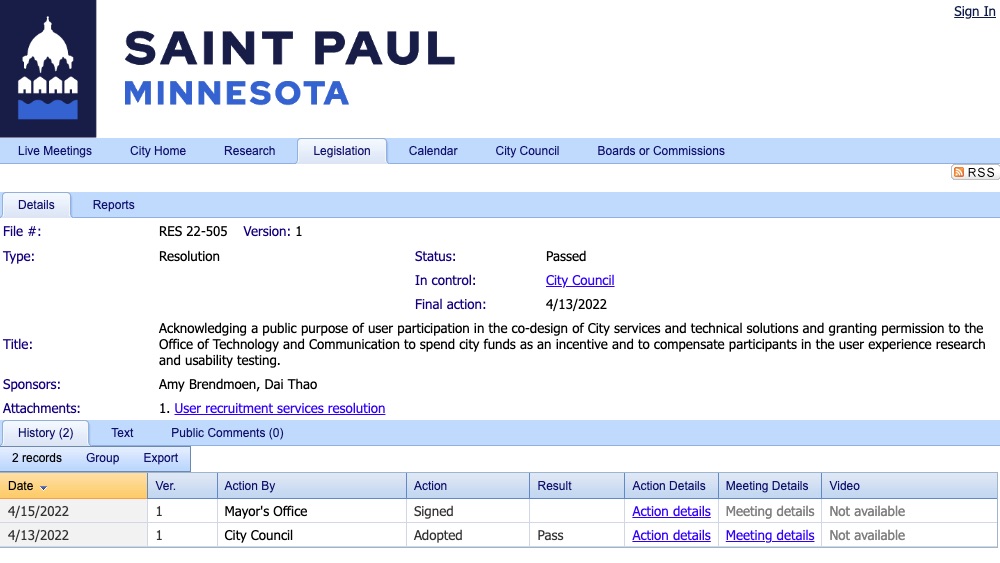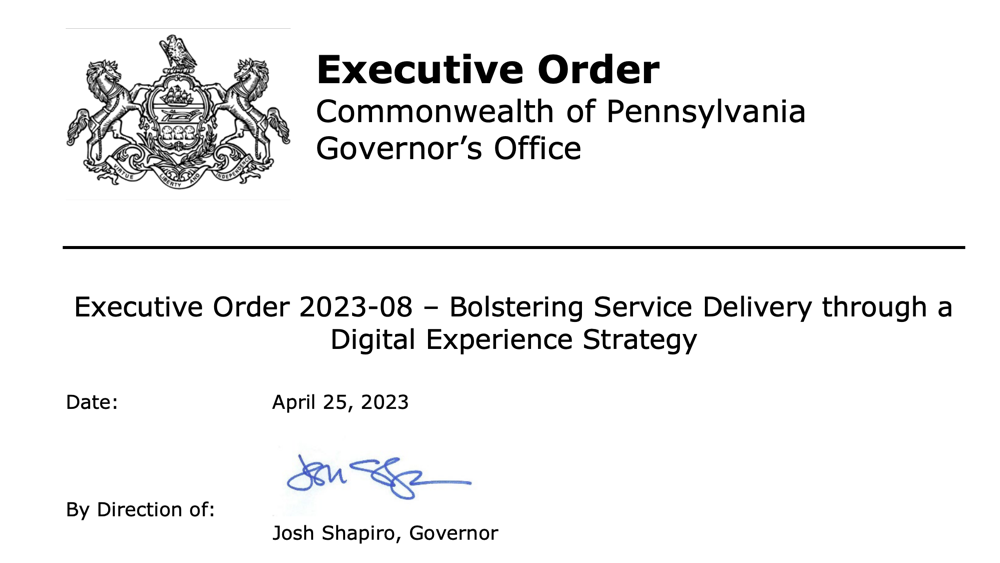Location: United States
-

Senior Advisor
This is a job description for the role of Senior Advisor from the New York City Mayor's Office for Economic Opportunity (NYC Opportunity).
-

Communications Design Fellow
This is a job description for the role of Communications Design Fellow from the New York City Mayor's Office for Economic Opportunity (NYC Opportunity).
-

Visual Designer
This is a job description for the role of Visual Designer from the 18F.
-

Data Curator and Scientist
This is a job description for the role of Data Curator and Scientist from the New York City Mayor's Office for Economic Opportunity (NYC Opportunity).
-

Design Lead
This is a job description for the role of Design Lead from the New York City Mayor's Office for Economic Opportunity (NYC Opportunity).
-

Communications and Engagement Creative Lead
This is a job description for the role of Communications + Engagement Creative Lead from the New Jersey Office of Innovation.
-

City of St. Paul User Experience Participation Legislation
Policy from the City of Saint Paul to provide compensation to those participating in user experience research and usability testing.
-

Service Designer
This is a job description for the role of Service Designer from the Washington, D.C. Mayor's Office of Policy & Innovation.
-

Project Manager
This is a job description for the role of Project Manager from the State of California.
-

Connecticut Digital Portfolio Manager
Job description for Connecticut's Digital Portfolio Manager Role. Affiliated with DSN Spotlight "The Door to Digital Transformation in Connecticut."
-

Presidential Innovation Fellow
This is a job description for the role of Presidential Innovation Fellow from the Presidential Innovation Fellows.
-

Pennsylvania Executive Order 2023-08 – Bolstering Service Delivery Through a Digital Experience Strategy
Executive Order issued by Pennsylvania Governor Josh Shapiro bolstering service delivery through the creation of a digital experience strategy